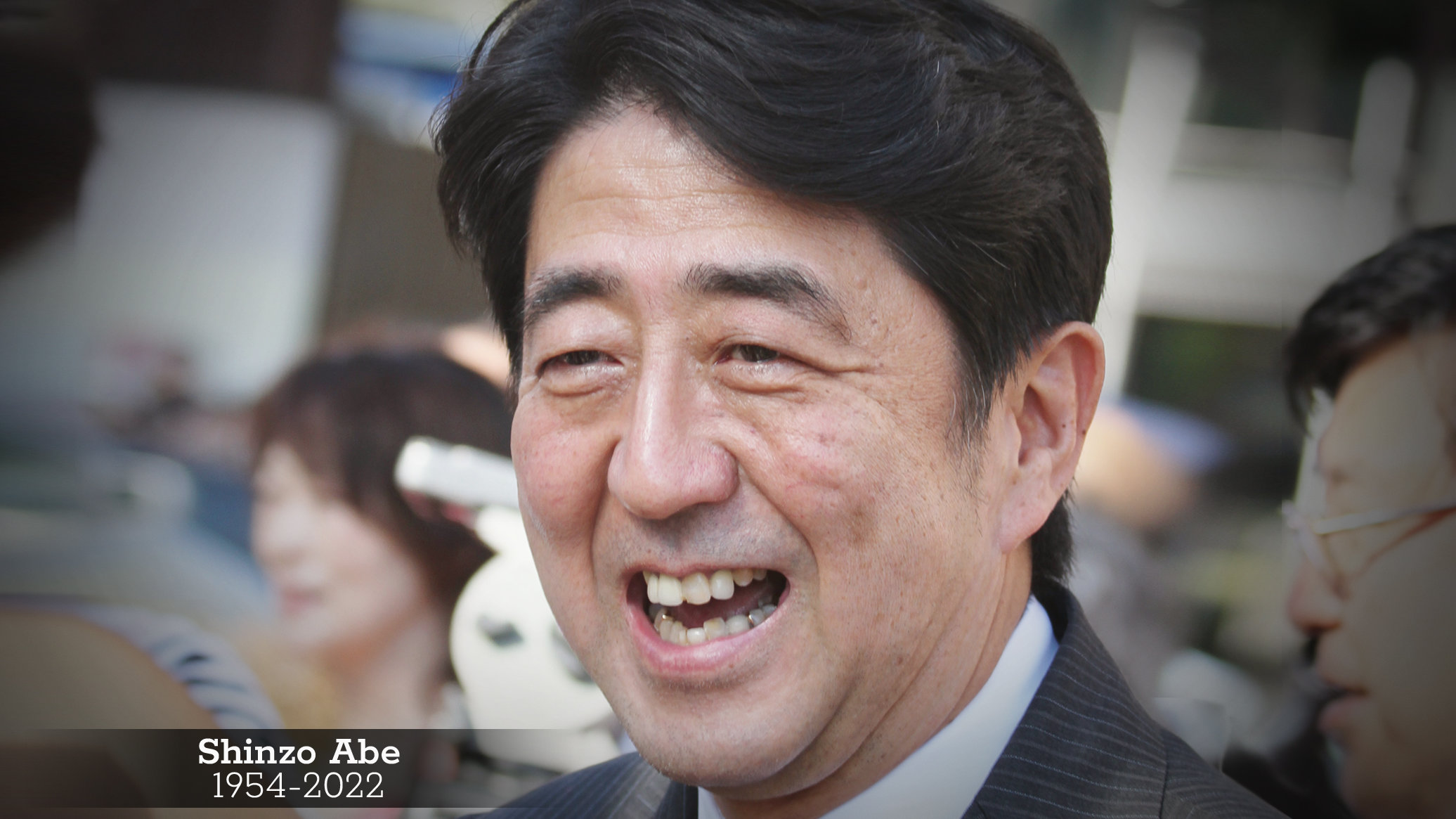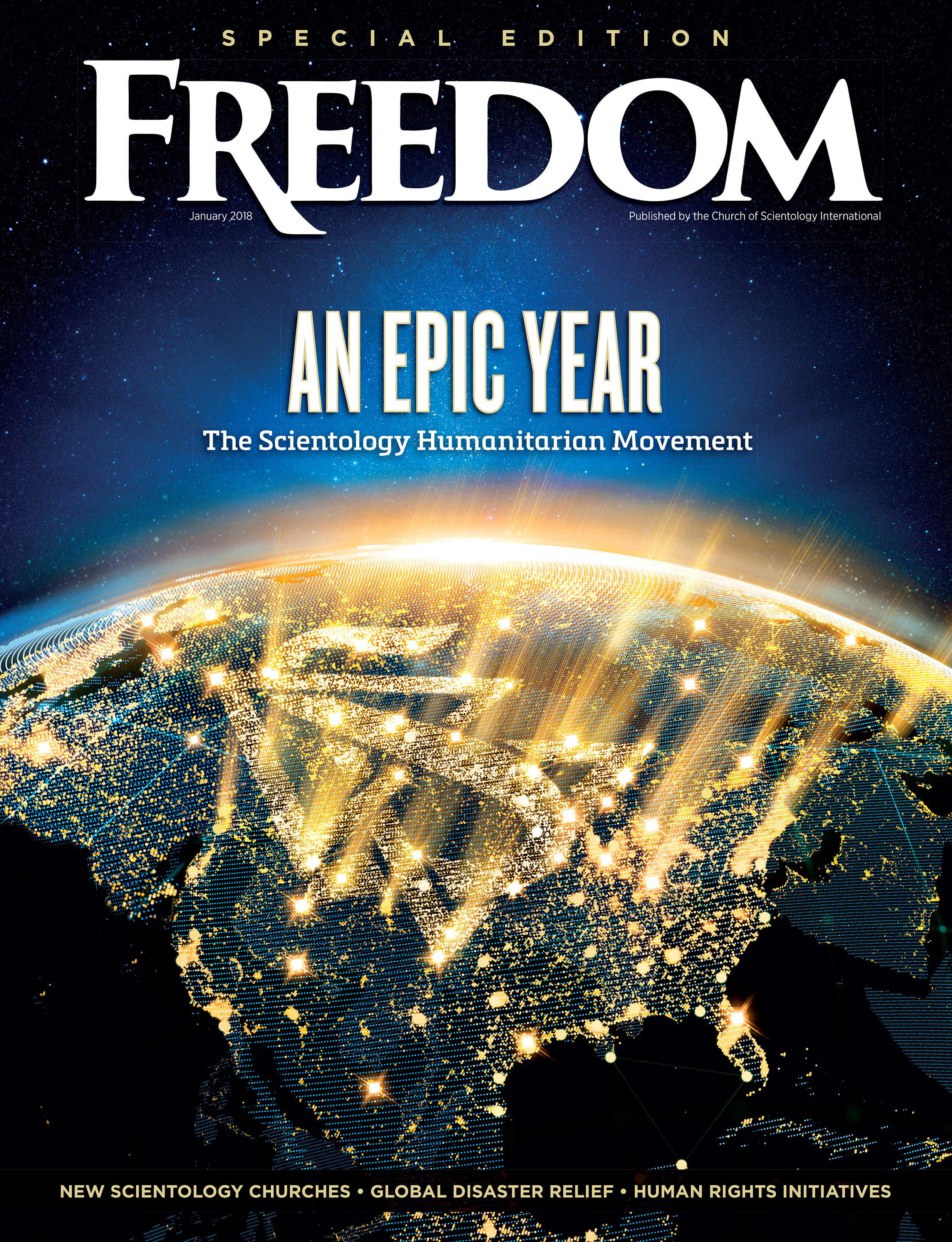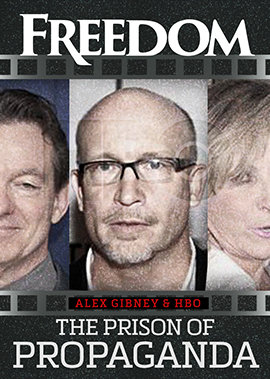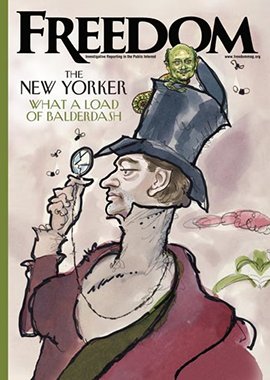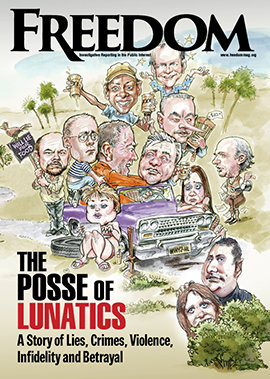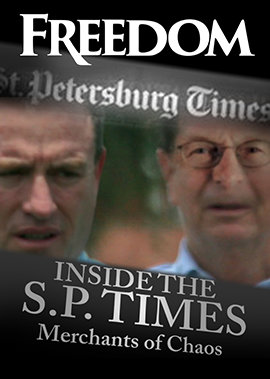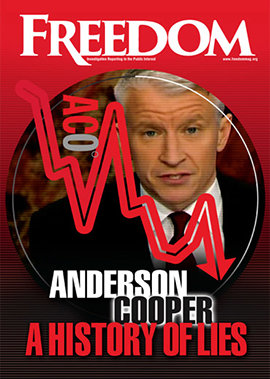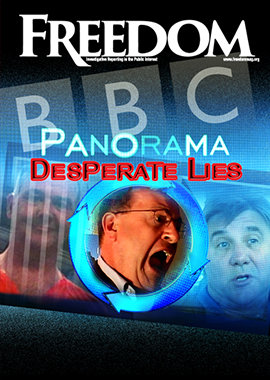Abe had been the longest-serving prime minister in Japan’s history. His murder, which took place days before a major national election, at first appeared politically motivated. The gunman, however, professed to have been driven by a personal grudge against the Family Federation for World Peace and Unification—the Unification Church.
According to news stories, the assassin’s mother joined the Unification Church in 1998.
Shinzo Abe was not a member of the Unification Church. In 2021, he participated in a Church-sponsored video event. In 2022, he sent a positive message to the Universal Peace Foundation, an NGO founded by leaders of the Unification Church. Those part of that same event included Donald Trump, former presidents of the European Commission José Manuel Barroso and Romano Prodi, and other international political leaders.
Shinzo Abe was not a member of the Unification Church. In 2021, he participated in a Church-sponsored video event. In 2022, he sent a positive message to the Universal Peace Foundation, an NGO founded by leaders of the Unification Church.
Inflamed by the Media
In the wake of the shooting, a barrage of media stories began to appear in the Japanese press, repeating the assassin’s statements attempting to implicate the Unification Church.
Thousands of members subsequently demonstrated to protest the biased coverage which had unsettled Japanese followers, many of whom had experienced social persecution and pressure from family members who insisted they recant their faith.
“Right now, all the believers of the Family Federation for World Peace and Unification in Japan are being exposed to outdated witch-hunting driven by biased and distorted media reports,” said Church member Yamada Taeko at a rally in Seoul. “We call for all media outlets to immediately take a leading role in ensuring that freedom of religion is properly protected in my beloved homeland Japan.”
According to the Unification Church, there are some 10,000 Japanese-born followers currently living in South Korea married to Korean spouses.
Political Repercussions
The media’s coverage had political repercussions in Japan. Prime Minister Fumio Kishida reshuffled his cabinet in what appeared to be an effort to distance his administration from the Unification Church. Seven cabinet ministers were removed including Abe’s younger brother, Nobuo Kishi, the former Defense Minister who stated that church members had volunteered to help in past election campaigns.
By the beginning of August, Kishida’s public approval rating plunged 16 percentage points in one month, reaching the lowest in the polls since he took office, according to Xinhua news service. That plunge in popularity was coincident with the media coverage of Abe’s death.
Before targeting Abe, the assassin planned to murder the [Unification] Church’s leader, Ms. Hak Ja Han Moon, and practiced using his homemade weapons by firing at a building formerly a Unification Church.
That coverage omitted information that would have disproven the false premise that the Unification Church was to blame for the shooting. The killer was known to have been following and interacting with campaigns on social media that promoted hate against the Unification Church.
Before targeting Abe, the assassin planned to murder the Church’s leader, Ms. Hak Ja Han Moon, and practiced using his homemade weapons by firing at a building formerly a Unification Church.
Hate Fueling Hate
The actual scenario was much different than reported in the media. Abe’s killer hated the Unification Church, a hatred fueled by the bigoted speech of anti-Unification Church activists. To hide their responsibility, they twisted the facts to paint a negative image of the Church.
Bigotry fuels hate. Hate fuels more prejudice that can lead to tragedy – lives put in turmoil, false criminal charges brought against innocent people, violence at the hands of an assassin. Evidence of such has been seen many times in the past.
It is the responsibility of the media to print the truth. A responsible journalist is not a spectator. Nor should he be the mouthpiece of vested interests.


